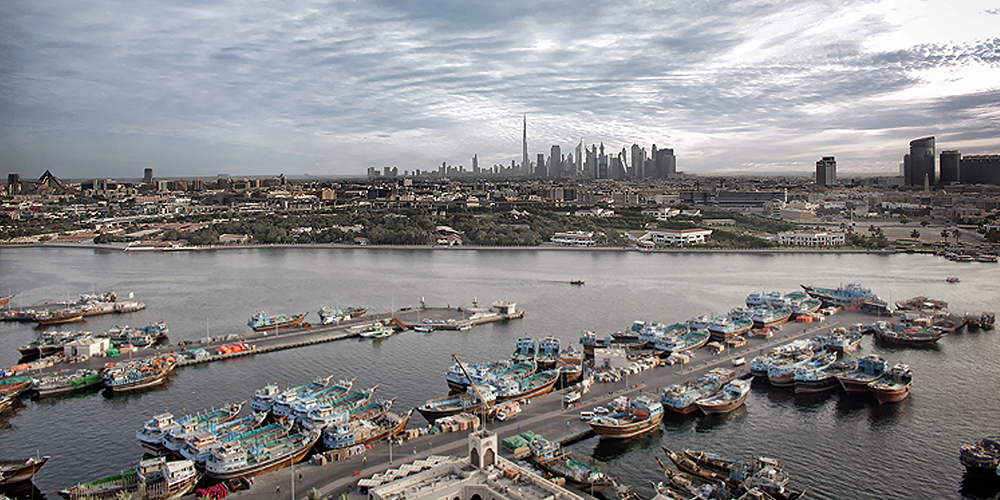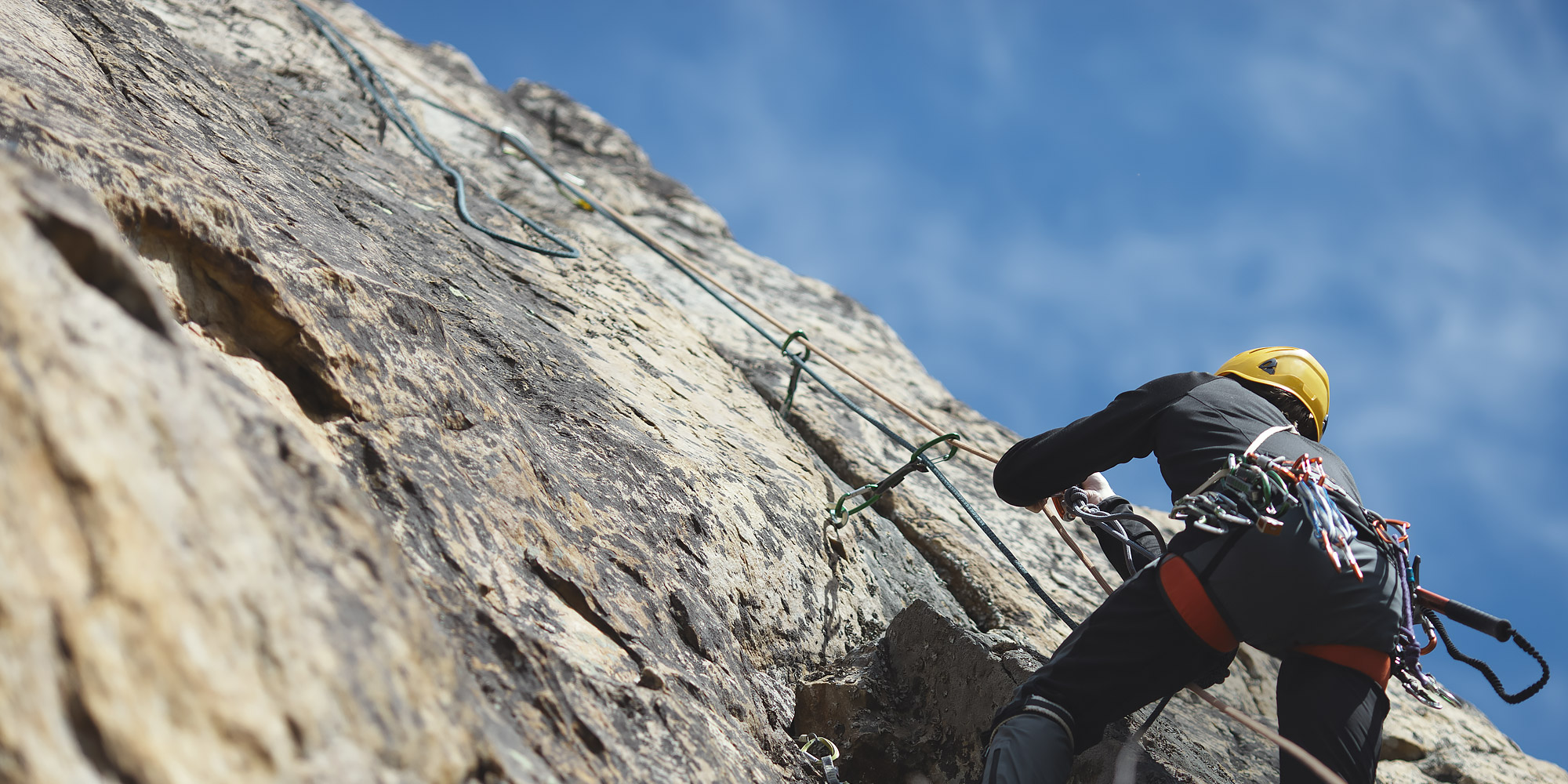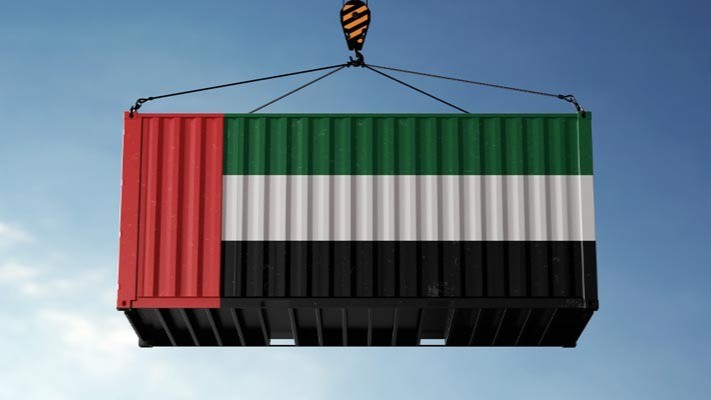Focus on the objective, not the obstacle by Easa Al Gurg

All too often, when facing a problem, our instant reaction is to focus on the negative. Many people let their minds wander toward the adverse. This shifts the focus on creating more problems instead of searching for ways to resolve the situation and learn from it.
In my experience problem solving and decision making belong together. One cannot solve a problem without making a decision. However, the timing of that decision can be subjective. Here is where experience and a 360 degree view is important.
Some people use a systematic, rational approach to problem solving while others are more intuitive. For me, a mix of both works. I like to explore and understand every element of a problem. It is more like having a dragonfly eye view, to study the situation through multiple lenses. While decision making puts the onus on the individual, understanding various perspectives and tapping into collective intelligence provide greater clarity.
Creative thinking
Many of us can get stuck in a pattern of thinking that has been successful in the past. We continue to repeat it, doing the same things. If one has a problem that seems to have no solution, sometimes it is important to unfreeze.
At a point of time, I was in a state of flux while trying to bring closure to a project which provided creative reprieve. While dealing with the issue, I was unsure about the right approach. Then a close friend asked a pertinent question – “what is the worst that could happen?” This view freed my mind and helped me understand that acceptance of the worst makes life and decision making much easier.
Look beyond the obvious

Sometimes it helps to inspire ideas from other vistas and use random thinking to generate new thoughts. My office offers an uninterrupted view of the creek. One evening as I glanced across the still waters, a traditional dhow laden with goods was sailing past a yacht that was anchored by the shore for a long time. The humble dhow trudged on despite its limitations while the modern vessel seemed stagnant.
For me, it brought the realization that one’s ability or intelligence is only significant when utilized effectively. The focus should be on the objective and going beyond the obstacle no matter how small or large. Hence, why can’t a problem not be seen as an opportunity?
Search for alternatives
To solve a problem, one must first evaluate the situation. It is easy to focus on symptoms, not causes. It is important to identify possible alternatives. Sometimes we take a quick decision without considering all possible options. Spending more time searching for alternatives and weighing their consequences can really pay off.
Choose the path
Not making a decision is in itself a decision. By postponing a decision, one may eliminate a number of options. In some cases, a problem can escalate if it is not dealt with promptly and then one has to work much harder to reach a satisfactory solution.
Alternatively it might work in ones favor. It all hinges on timing. What might work in the present may not turn out well a few days later. At such times, clarity of thought and stepping back helps.

There are instances when our natural human biases in decision making often cause us to shut down the range of solutions too early. At such times a period of quiet reflection may help. I have experienced how the magic of silence can work wonders. It provides clarity in thinking and opens up the mind.
Evaluate the outcome
With every decision one needs to evaluate its implications. The outcomes may provide valuable insights on the appropriateness of the choice. It is here that every individual’s sense of right or wrong comes into play. For me, there are certain values that I hold dear. At times, these might be at tangent to popular thought, but these principles govern my decisions.
Regardless of how bad a problem may be, the solution is there if one thinks long and hard enough. Not every solution will work. When we start to think of more ways to overcome, we can grow from the situation at hand and be better prepared for the next crisis. By being aware and reminding ourselves of the alternatives, we are evolving such that our second nature becomes focusing on solutions, not problems.



